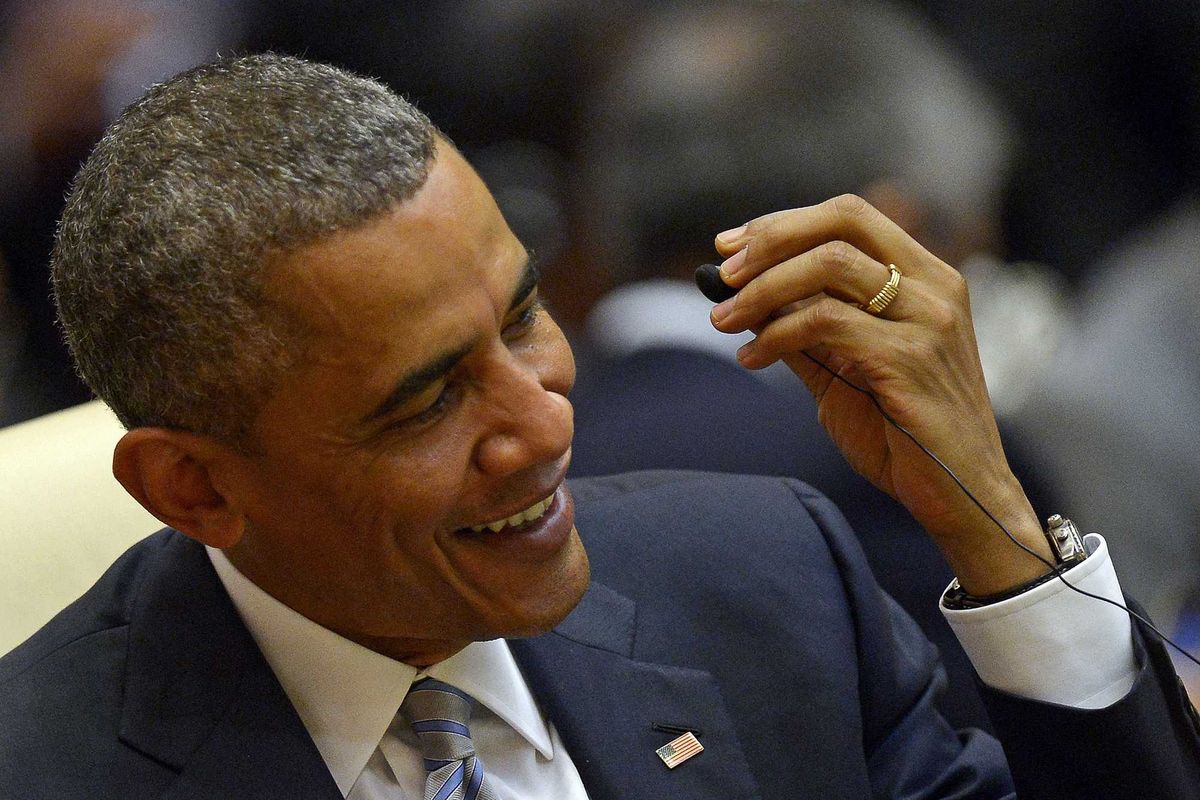News
Louis Dor
Jan 16, 2018

Picture:
iStockphoto/Getty Images
In March 2017, the government announced that sex and relationships education would be made compulsory in all schools in England.
This was good news, because it helps combat myths and misunderstandings about sex that run deep in our society. However, the law does not require the sex education to be LGBT-inclusive.
The government is currently undergoing a consultation on plans to make sex education LGBT-inclusive as standard and mandatory. The eight-week call for evidence invited views on the content of sex and relationships education in schools and will consider LGBT issues, mental wellbeing and staying safe in an online environment.
These proposed changes to sex education may help prevent the following from happening.
A recent study, published in the Journal of Adolescent Health, found that many teen girls identifying as either lesbian or bisexual were unaware of the risk of sexually transmitted infections (STI's) during sex with other women.
The latest study, led by researchers from the Californian Center for Innovative Public Health Research, conducted the research among online focus groups including a total of 160 lesbian and bisexual girls aged between 14 and 18.
The researchers found that the girls were generally reluctant to use protection during sex as they were concerned about reduced pleasure. The team were surprised at the overall lack of knowledge about safe sex practices with female partners, noting that this may have arisen due to heterosexually-focused sex education.
Study co-author and The University of British Columbia's (UBC) youth health researcher Jennifer Wolowic said:
When we asked why, many told us they didn't find their sex ed programs-if they even had one-to be very informative. And even when they asked questions, the focus on heterosexual sex made them feel uncomfortable.
Elizabeth Saewyc, the paper's senior author who leads the Stigma and Resilience Among Vulnerable Youth Centre at UBC, said:
Young people need accurate sexual health information, but sex education has traditionally focused on heterosexual sex.
Our findings suggest we need to create more inclusive curriculum to help lesbian and bisexual girls have the knowledge they need to make healthy sexual decisions.
According to the Centers for Disease Control and Prevention:
While all women have specific health risks, lesbian and bisexual women are at a higher risk for certain diseases than other women.
It notes in its guide on Women who have sex with Women (WSW):
Certain studies have highlighted the wide diversity of sexual practices and examined use of protective/risk reduction strategies among populations of WSW.
Use of barrier protection with female partners (gloves during digital-genital sex, condoms with sex toys, and latex or plastic barriers [also known as dental dams for oral-genital sex]) was infrequent in all studies.
HT IFL Science
More: Countries that desperately want people to have more sex
Top 100
The Conversation (0)












